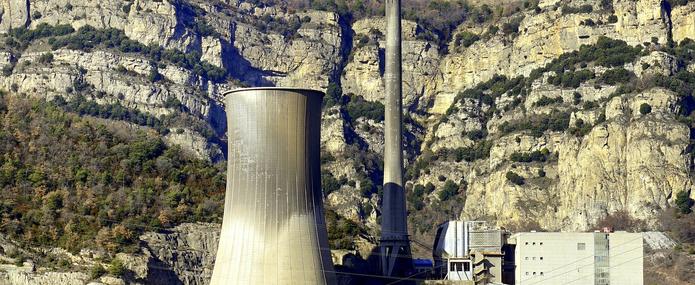Three years after COP21, the most important United Nations climate conference since the adoption of the Paris Agreement in 2015 opened on Sunday 2 December in Katowice. Poland, which is hosting a COP for the third time (after Poznan in 2008 and Warsaw in 2013), chose the capital of Silesia, a region whose economy was traditionally based on the coal and steel industry, in order to highlight the recent, radical redevelopment of this industrial centre towards innovation and culture, and to present Katowice as a model for the “green” transition. This choice also enables Poland to illustrate its vision of a transition towards a resilient, low carbon world, which needs to take better account of social aspects by ensuring that humans remain central to the transition. In this blog, IDDRI examines the political and operational challenges of this vision.
The key messages sent to the climate community by the COP24 Presidency support this social vision of the ecological transition, emphasising the “need to lead change together with people through the solidarity and fair transformation of regions and industrial sectors”. Likewise, the Solidarity and Just Transition Silesia Declaration that the Polish President of the COP, Michal Kurtyka, Secretary of State to the Minister of the Environment, proposed for signature to the Heads of State present (48 signatures on 6 December), is intended to highlight the potentially negative socio-economic consequences of ongoing and future changes.
The desire to support people in the necessary energy transition in order to mitigate its negative social impacts can only be a good thing, as is the appropriation by all of the expression “just transition”, which was defined by the international trade union associations almost a decade ago. But the risk is that it may also act as a subtle means of alerting and insisting on the collateral damage of the transition in order to limit its scope or its depth. The Polish executive clearly has an interest in stressing the risks to employment posed by the energy transition, in the hope of safeguarding its mines and coal fired power stations (which provide almost 80% of its electricity) and delaying the transformation in the decisions made by the European Union. This tension regarding the best way to combine climate priorities, economic needs and social consequences is palpable in the Polish executive’s discourse, which places particular emphasis on the latter dimensions.
However, the example of Silesia, which anticipated coal phase out, instead shows a positive version of the synergy between the energy transition and the need for redevelopment, and thus resonates with the research conducted by IDDRI and Climate Strategies on the implementation of the transition in six countries or regions away from their economic dependence on coal. First, this research shows that low carbon economy objectives are actually in line with other factors implying the need for coal phase out, such as the general trends linked to technological progress and to global competition which, even without the energy transition, would have had considerable social impacts in these regions. Second, this research shows that the key success factor for these transitions consists in anticipating them, and makes recommendations in this respect: better guidance for young workers to steer them towards alternative jobs, the natural retirement of older workers, and retraining programmes. Indeed, this is what the Spanish government is about to implement, further to a 250 million euro deal with unions and industry.
It is therefore urgent that all governments around the world, but also companies, industries, social partners and territories, give serious attention to the social dimension of the low carbon transition and the issue of inequalities between social groups or between regions, which are subject to rapid changes in their economies and job structure for many other reasons than climate change imperatives. The Silesia Declaration is useful in reaffirming this vision; it is vital that it helps to structure an operational field of action in favour of this just transition, and must not be used on the contrary to delay action.



